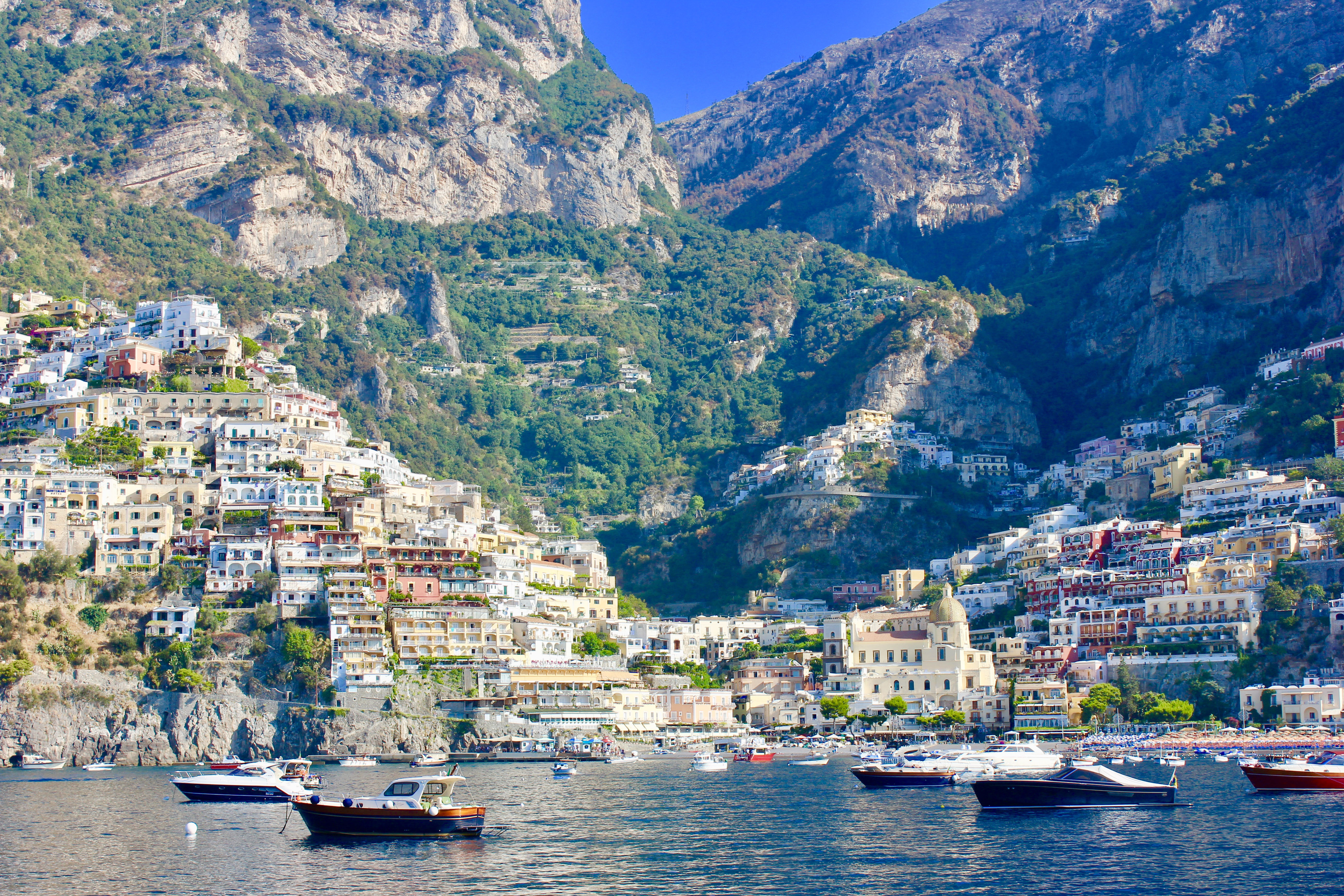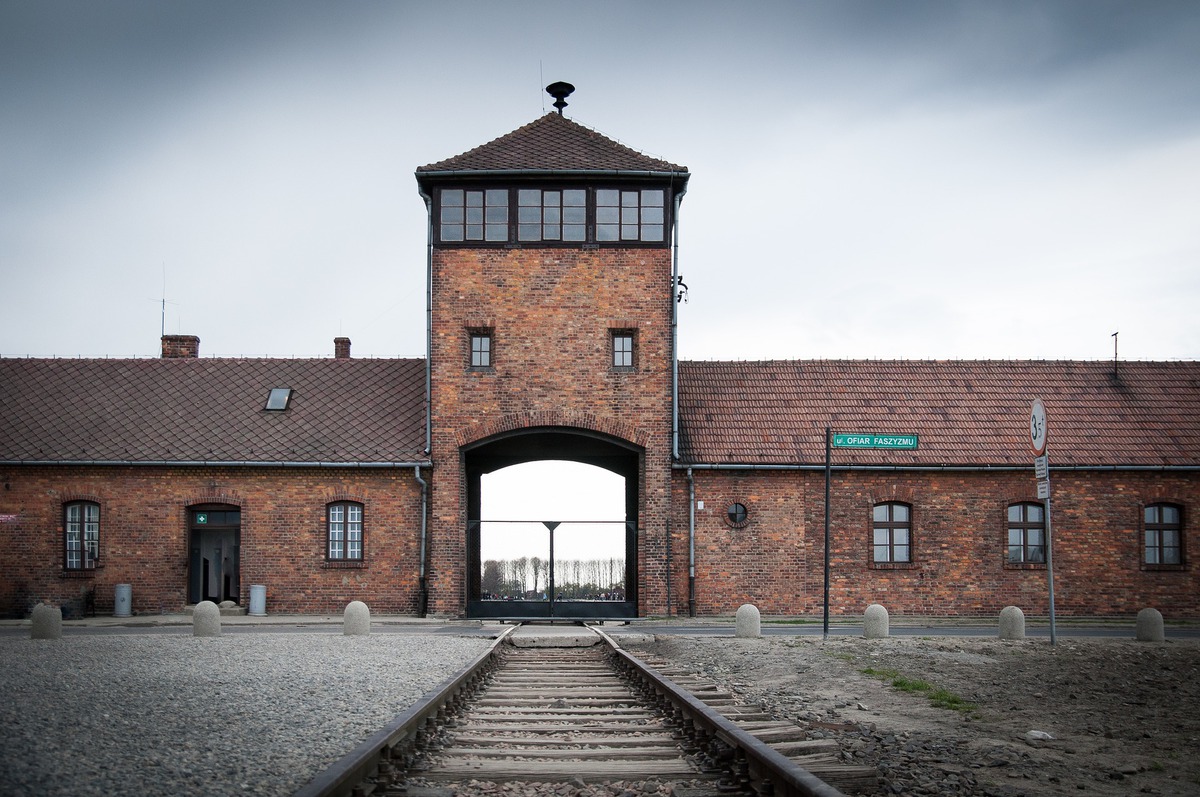Mysteries of Dark Tourism – Why travel to dangerous, creepy, disaster-stricken places?
2020-12-02 07:35:49Interview with Gábor Michalkó, professor of the Corvinus University of Budapest
We long for places where criminals, murderers, robbers, thieves served their sentences, where there were terrorist attacks, and where the winds of war swept through. A gap-filling and current book entitled Tourism Safety has been published. We talked to Gábor Michalkó, a professor at the Corvinus University of Budapest, about the details of the research that was trying to strengthen the force, dark tourism and the journey after the coronavirus.

Briefly about the research
The Tourism Science State Science Workshop was established in 2017 and just this year, in 2020, the first tangible result product was published. During the three-year research, each of the professionals involved in the project was given a topic relevant to them, which they had to process by examining the literature, statistical data and case studies. The result of the workshop is a 30-chapter gap-filling book, which is the first in Hungary to systematize the most important topics in the relationship between tourism and security. The book is also available online.
How do people choose a travel destination?
Do emotions or statistics matter? In most cases, the opinions of friends and acquaintances and previous experiences are decisive when choosing a destination. Travelers usually think this when planning: The destination must fully guarantee safety, as it is in their interest for me as a tourist to go there. Safety will never be an attraction. The most important thing is subjective security, the feeling that we are safe. Sicily and Mexico are great examples of this. Although they have serious risk factors, they are at the top of the ranking of the most popular destinations.
What does oral propaganda mean and how does it affect us?
Tourist sites on the Internet, accommodation search portals, and advertisements continue to influence people’s decisions, but since the spread of social media, word of mouth has been gaining ground. This means that relatives, friends, acquaintances can influence us very strongly, either directly or through social media or over the phone. In the case of tourism, word of mouth is a very interesting and important feature. One opinion or experience can spread on the internet like a virus.
Can travelers also destroy the security of a tourist destination?
Travel is always a risk, but many people take too much risk during a trip. For the sake of excitement, without considering the consequences, tourists also do things in an unfamiliar place that they would not do at home. They walk in a deserted alley at night, cross the speed limit, buy drugs, engage in prostitution because they think tourists are not punished. All of these minor or major violations can all contribute to a deterioration in the security of a given place.
The full article can be read on the Közgadász Online interface.
Author: Belayane Najoua
